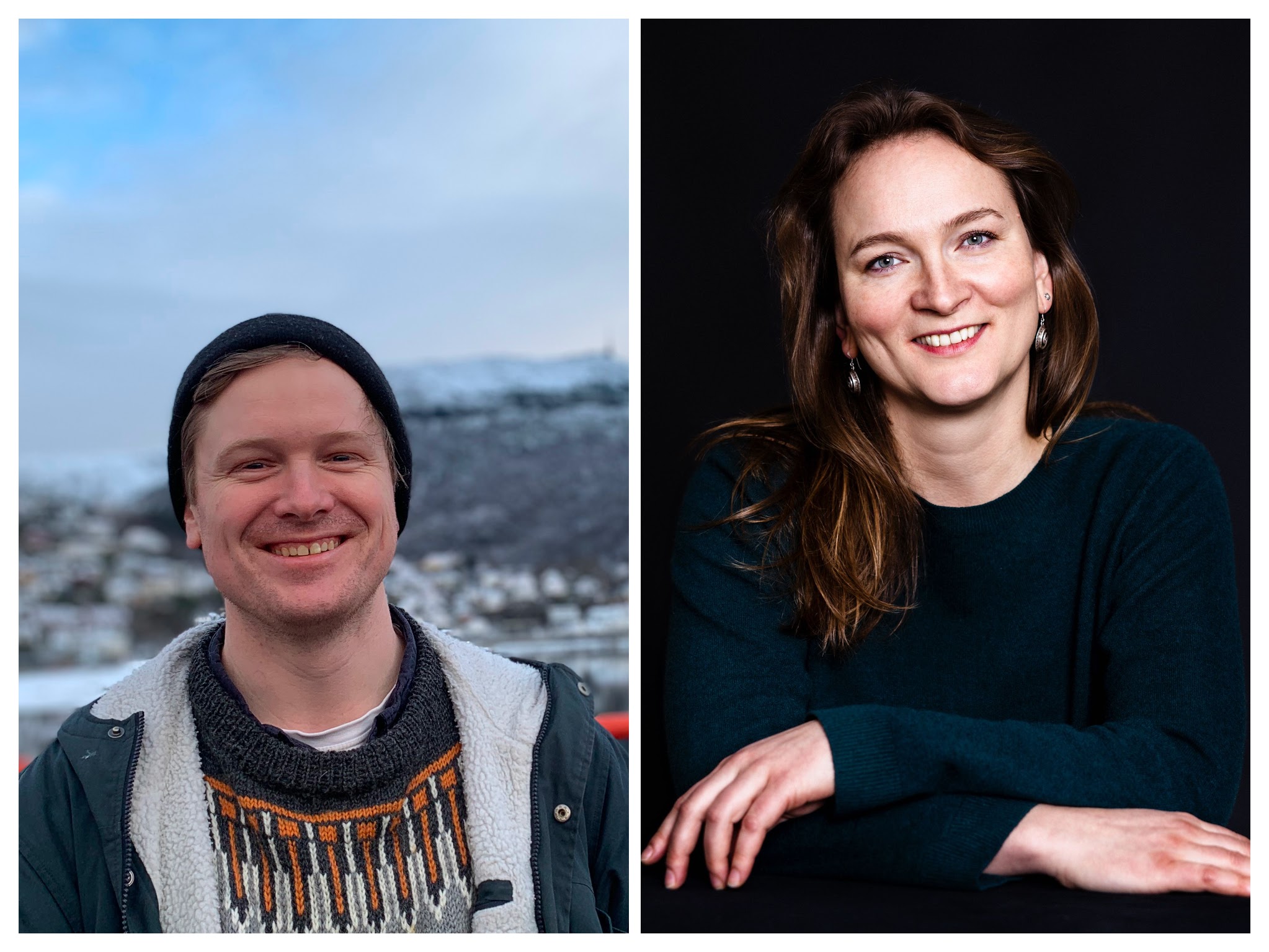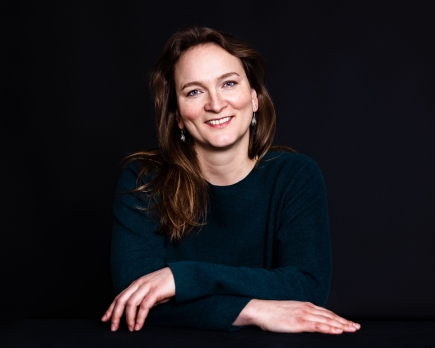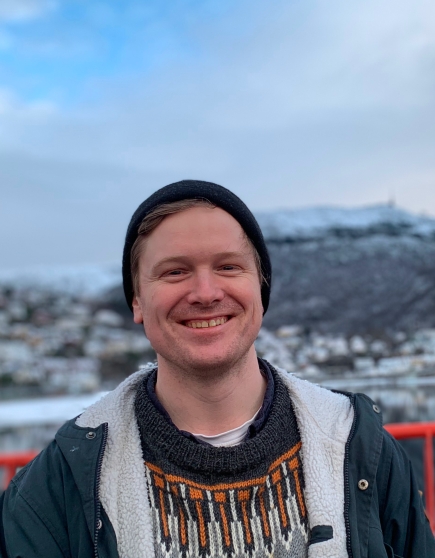It is with great enthusiasm that the Centre for Advanced Study (CAS) unveils the two chosen Young CAS Principal Investigators (PIs) for the upcoming two-year term: Professor Francesca Refsum Jensenius from the University of Oslo, who offers a penetrating analysis of the democratic processes in India, and Researcher Gaute Linga from The Njord Centre, University of Oslo, focusing on the intricate process of water infiltration in soils.

Francesca Refsum Jensenius: Democracy’s Reach: Political Representation and Elections in India
India, the world’s largest democracy, has been grappling with various political challenges in recent years. Jensenius’s project, titled “Democracy’s Reach: Political Representation and Elections in India”, seeks to understand the foundations of these issues. Instead of just focusing on recent developments, Jensenius delves into the electoral roots, exploring potential discrepancies in voting patterns and broader questions of democratic accountability. The potential instability of the party system and its ramifications for the nation’s democratic fabric are also subjects of her study.

Jensenius’s research stems from the belief that the decline in democratic standards in India is a consequence of longstanding challenges in representation. As she navigates this intricate subject, she aims to bring together premier scholars on Indian politics globally. They will collaboratively delve into three uncharted roots of India’s political challenges: the challenge of electoral representation emerging from a mismatch in voting intentions and election outcomes in parts of the population; the challenge of democratic accountability related to uneven public service delivery and an alternative form of accountability emerging out of electoral hand-outs, clientelism, and favoritism; and the challenge of a weakly institutionalized party system, with an opposition struggling to offer an alternative to the current government.
By analyzing existing datasets gathered by her core team, Jensenius hopes to develop a renewed research direction for understanding democracy not just in India, but also in the broader developing world.
Gaute Linga: Mixing by interfaces: How does water infiltration control mixing and reaction in soils?

The Earth beneath our feet is more than just dirt and rock. Linga’s project, “Mixing by interfaces: How does water infiltration control mixing and reaction in soils?”, delves into the mysteries of the subsurface. As water seeps into the soil, it triggers a myriad of reactions and interactions. The project is dedicated to understanding this process between water and soil on a microscopic scale. By doing so, Linga hopes to offer insights into larger questions of nutrient access and potential contaminant control in our precious aquifers. This has direct implications not just for the academic world, but for the way we approach water resource management globally.
Current knowledge has been limited to steady flow conditions at the pore-scale. However, Linga’s research is set to redefine this understanding, emphasizing the inherently dynamic nature of infiltration. Benefiting from recent advancements made by team members, this project endeavors to pioneer insights into the characterization and prediction of mixing and reactions during water infiltration.
We look forward to the revelations and insights that these two projects will bring over the next two years, setting the stage for the future of global discourse in their respective fields.
Published 18 September 2023, 10:53 | Last edited 19 September 2023, 9:18
